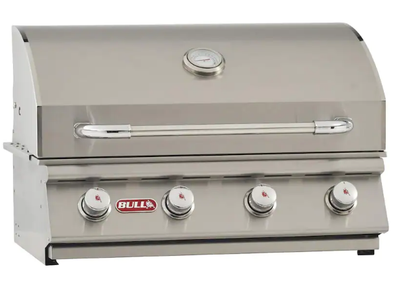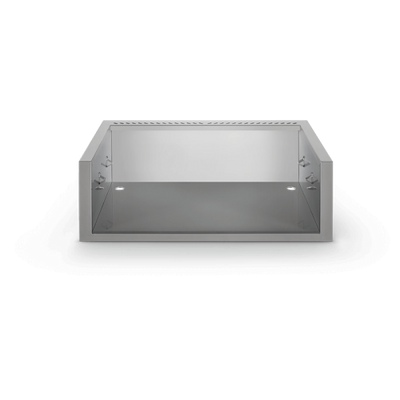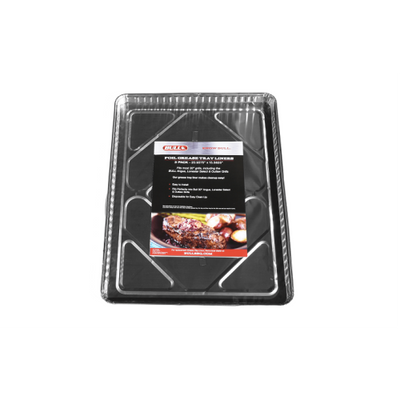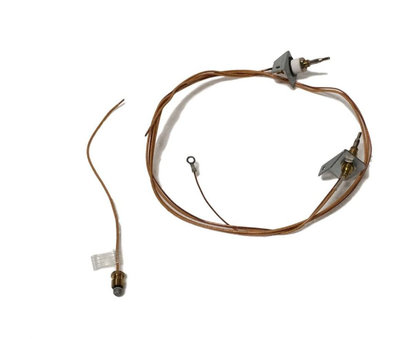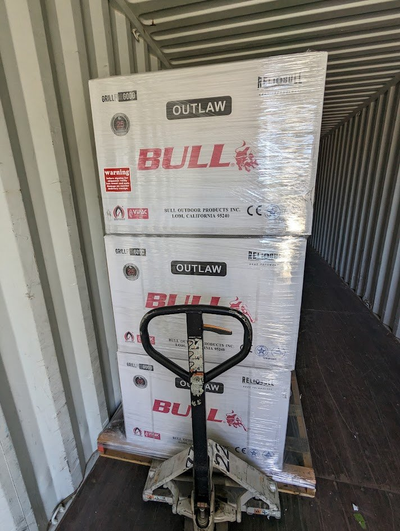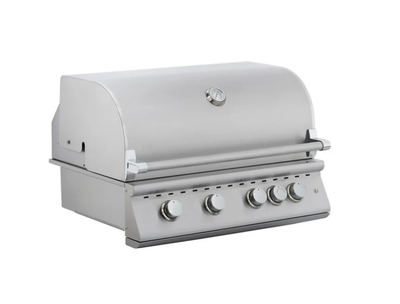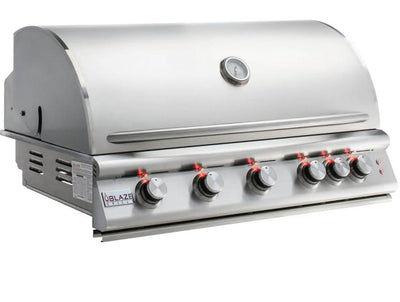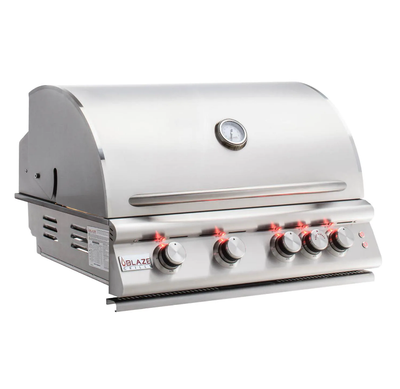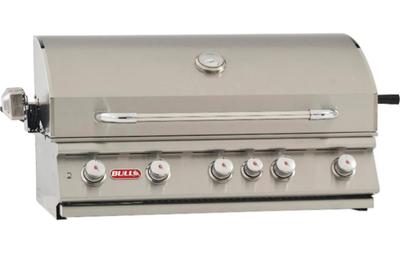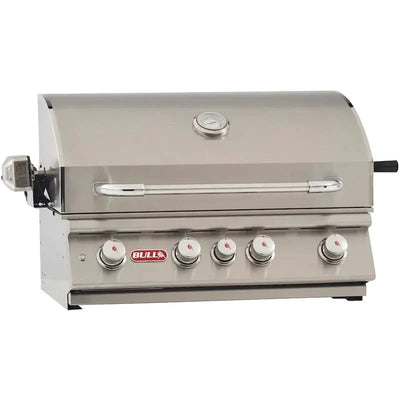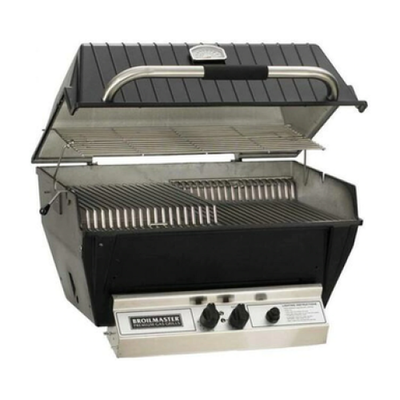Gas vs Charcoal Grill: How to Choose the Right Type for Your Needs

When it comes to outdoor cooking, the gas vs charcoal grill debate has sparked countless conversations—and meals. Whether you're a backyard BBQ newbie or a seasoned griller, understanding the pros and cons of each type of grill is essential to choosing the one that suits your space, style, and skill level.
From the quick-start convenience of a small gas grill to the smoky, bold flavors of a small charcoal grill, each has its own strengths. In this comprehensive guide, we’ll break down everything you need to know in your search for the perfect grill—including cooking experience, maintenance, cost, and ideal uses.

Understanding the Basics of Gas vs Charcoal Grills
Before diving into features and comparisons, let’s look at what separates these two types of grills.
Gas Grills: Convenience and Control
Gas grills run on propane or natural gas and ignite at the push of a button. They’re ideal for those who want a faster setup, better temperature control, and minimal mess. For urban dwellers or busy home cooks, a small gas grill provides an excellent balance between function and form.
Charcoal Grills: Flavor and Tradition
Charcoal grills use briquettes or lump charcoal to generate heat. They take longer to prep but offer that signature smokiness beloved by BBQ purists. A small charcoal grill might be perfect if you're all about bold flavors and don’t mind getting your hands a bit dirty.

Gas vs Charcoal Grill: Side-by-Side Comparison
Let’s compare the two based on key factors to help you decide which suits your needs best.
1. Flavor Profile
Charcoal wins here. It produces deep, smoky flavors that are hard to replicate.
Gas grills, while consistent, lack that classic BBQ taste.
2. Ease of Use
Gas grills dominate in convenience. They light quickly and have adjustable heat.
Charcoal grills demand a little more time and attention—from getting the coals lit to managing the heat and safely putting out the fire when you're done.
3. Heat Control
Gas grills offer precise control via knobs.
Charcoal grills take a bit more time and hands-on work to get started, keep burning steadily, and fully cool down after cooking.
4. Cleanup & Maintenance
Gas is cleaner with minimal ash.
Charcoal leaves behind soot and ash, needing more regular cleanup.
5. Portability & Size Options
Both come in compact options like the small gas grill or small charcoal grill, but charcoal units are often lighter.
6. Cost
Charcoal grills tend to be cheaper upfront.
Gas grills cost more initially but may save on fuel over time.
If you’re looking for a quick-reference guide, check out our Grill Comparison for Small Spaces (internal link).

Best Use Cases for Each Grill Type
When to Choose a Gas Grill:
-
You want a quick startup and easy cleanup.
-
You're cooking often or during weekdays.
-
You’re in a residential area where open flames or heavy smoke aren’t allowed due to safety regulations.
-
You prefer even cooking over smoky flavor.
When to Choose a Charcoal Grill:
-
You love that authentic smoky BBQ taste.
-
You're grilling for fun and don’t mind prep.
-
You enjoy tinkering with heat zones and techniques.
-
You're willing to clean up more for better flavor.

Compact Grill Options for Limited Spaces
Not everyone has a big backyard. If you're living in an apartment, condo, or small home, here are options that work well:
Small Gas Grill Picks:
-
Weber Q1200: Lightweight, powerful, and built to last.
-
Char-Broil Portable Grill2Go: Durable with a travel-friendly design.
Small Charcoal Grill Picks:
-
Weber Smokey Joe: A timeless favorite prized for its portable size and rich, authentic charcoal taste.
-
Lodge Cast Iron Sportsman’s Grill: Rugged and built for serious heat.
Whether you're leaning toward a small gas grill or small charcoal grill, make sure it's compliant with local fire codes, especially for patios and balconies.

What About Electric vs Gas Grill?
This is another hot topic, especially for those living in fire-restricted areas.
Electric Grills:
-
Plug in and grill—no flame, no fuel.
-
Ideal for indoor or balcony grilling.
-
Less authentic in flavor but highly convenient.
Gas Grills:
-
Real flame grilling with better flavor than electric.
-
Still very convenient and fast-heating.
When choosing between electric vs gas grill, think about flavor priority, setup flexibility, and location rules.

Maintenance Tips for Longevity
Taking care of your compact grill isn’t just about cleanliness—it’s the key to long-lasting performance and great-tasting food every time.
Follow these simple steps to keep your grill in top shape:
-
Scrub the grates after every use to prevent buildup and preserve flavor.
-
Empty the grease tray regularly to avoid flare-ups and sticky messes.
-
Use a grill cover when it’s not in use to protect it from weather and dust.
-
Inspect for rust, cracks, or loose parts every few weeks to catch issues early and keep things safe.
A little routine care goes a long way in keeping your grill ready whenever you are.

Key Questions to Ask Before You Buy
Before making your final decision in the gas vs charcoal grill debate, consider the following:
-
How much space do I have?
A small gas grill may suit a balcony better than a large charcoal setup. -
How often do I grill?
Frequent grillers might prefer gas for convenience. -
What’s my budget?
Entry-level charcoal grills are more affordable. -
Do I prioritize flavor or speed?
Charcoal = flavor. Gas = speed. -
What do local regulations allow?
Some buildings ban charcoal due to fire risk.
Pros and Cons Recap
|
Feature |
Gas Grill |
Charcoal Grill |
|
Flavor |
Mild, less smoky |
Rich, smoky, traditional |
|
Start-Up Time |
5–10 minutes |
20–30 minutes |
|
Cleanup |
Easier, less residue |
Ash and soot cleanup required |
|
Cost |
Higher upfront |
Lower upfront |
|
Heat Control |
Instant via knobs |
Manual with vents and fuel placement |
|
Portability |
Some models heavy due to tanks |
Lighter, especially smaller models |

Final Verdict: Which One Is Right for You?
Choosing between a gas and charcoal grill comes down to what matters most to you—whether it's speed, flavor, or convenience. For convenience, speed, and ease of use, gas is the winner. But if you’re after that rich, smoky flavor and enjoy the ritual of cooking over fire, charcoal is the way to go.
No matter what you choose, make sure to invest in quality—and that means starting with a grill that fits your space, lifestyle, and budget.
Need Help Deciding? Call the Experts
Still unsure? Our grilling specialists at Outdoor Kitchen Outlet are ready to help. Give us a call at (888) 667-4986 and we’ll walk you through your options—whether it’s a grill comparison, small size, fuel type, or outdoor setup ideas.
 - Call
- Call 

